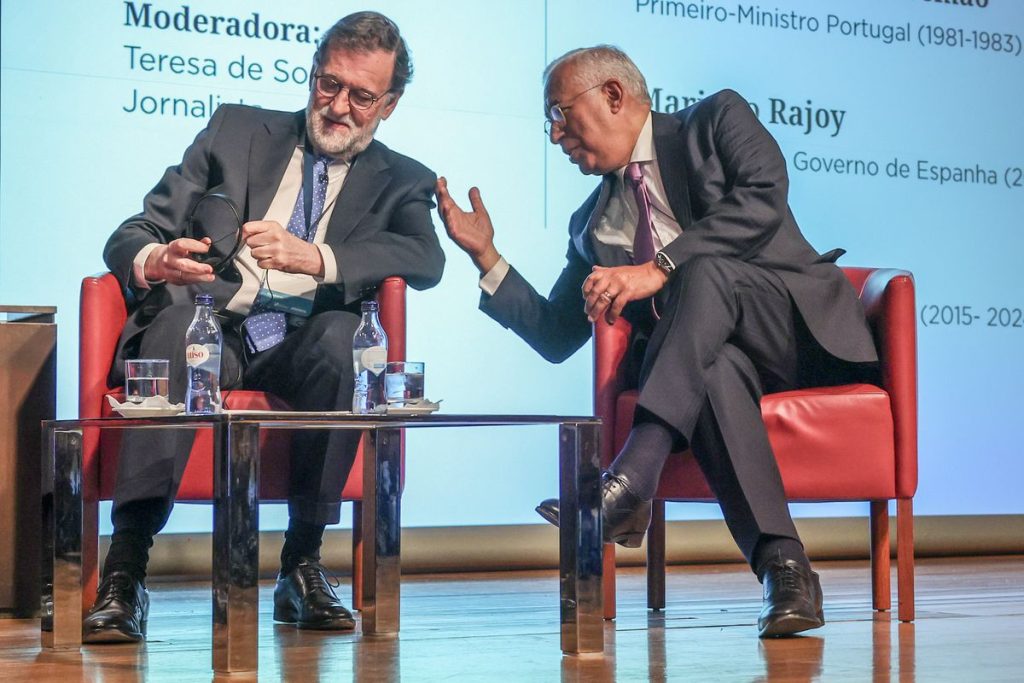Half a century ago, Spain and Portugal were under dictatorships, along with Greece, the only countries in Western Europe not yet democratic. The Portuguese overthrew their dictatorship on April 25, 1974 with a coup that turned into a revolution. The Spaniards waited for the death of Franco on November 20, 1975, to initiate a negotiated transition. Both paths led to the democracies they are today. Four of their leaders participated in the La Toja-Atlantic Link Forum held in Lisbon, reflecting on these decades and providing insights for the future.
Former Spanish presidents Felipe González and Mariano Rajoy both agreed that populism is one of the challenges facing democracies today. González praised Portugal’s example, where the two main parties agreed to take turns in the presidency of the Parliament to overcome the blockade imposed by the far-right party Chega, which received over a million votes and has 50 deputies in the Assembly of the Republic. Rajoy emphasized that populism is the “internal enemy” of democracy and that consensus is crucial in combating it. Governing with bad company and neglecting half of the country is seen as a key factor in ending populism.
António Costa, former Portuguese Prime Minister, does not see room for growth of the far-right in his country, despite recent gains in elections. He cautioned against magnifying the results of the elections and attributed the rise of Chega to the lack of traction of the main parties. Former Prime Minister Francisco Pinto Balsemão highlighted that many countries still lack freedoms. The four leaders agreed that Spain and Portugal have significantly improved over the past fifty years, transitioning from dictatorships to democracies and joining the European Union in 1986.
They discussed the need for a federal Europe to strengthen political weight on the international stage. Pinto Balsemão advocated for a common defense policy, a sentiment shared by the others. Rajoy expressed the necessity for a common foreign and defense policy to speak with a unified voice in the world. Costa, however, was more skeptical about the political union of Europe, citing the diversity of experiences and historical backgrounds of the 27 member states.Previous errors and neglect in EU policies were also brought up, such as forgetting the initial purpose of the Common Agricultural Policy.
González emphasized the importance of not forgetting the human aspect in policymaking, warning against governing landscapes while disregarding the people. The leaders reflected on the progress made since the days of dictatorships and the importance of preserving democracy in the face of current challenges. They acknowledged the strides made towards democracy, while urging for continued efforts to combat populism and strengthen democratic institutions. The discussions at the forum illustrated the shared history and common goals of Spain and Portugal on the path towards a united and prosperous future in Europe and beyond.


